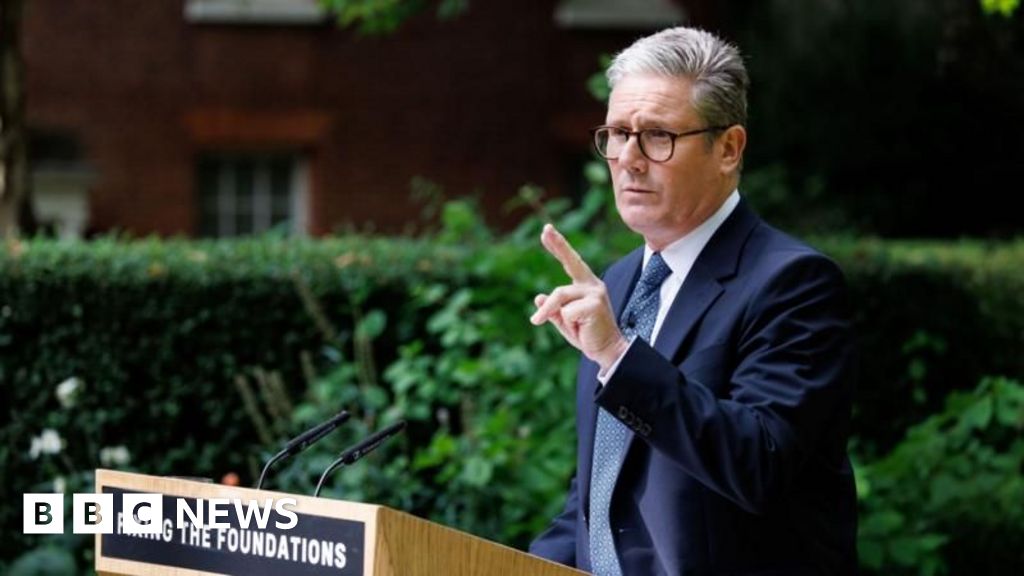The phrase “black hole” often appears in discussions about government and money, and it means different things.
In this case, Chancellor Rachel Reeves and the prime minister are talking about a gap between what government departments, such as health and education, expected to spend this year versus what they will actually end up spending.
This gap was first mentioned by Ms Reeves in July, when she said the government was overspending by £22bn – and claimed it had been “covered up” by the Conservatives before the election.
Shadow chancellor Jeremy Hunt has meanwhile accused Ms Reeves of an “utterly bogus attempt to hoodwink the public”.
There is a debate about how much of a surprise this was. About £9bn of the £22bn is the cost of increasing public sector pay above the 2% which had been budgeted for – a choice which has been made by this new government.
Paul Johnson, the director of the Institute for Fiscal Studies thinktank, has argued that, external the need to give higher public sector pay rises could easily have been foreseen.
But other items which make up the £22bn were more genuine surprises, he says, including that it was not clear that reserve money seemingly expected to cover higher spending on the asylum system had already been, in effect, spent elsewhere.
He and other experts have argued that neither Tories nor Labour were straightforward with the public during the election campaign about how bad the public finances were, and what unpopular measures are required to fix it.
Credit: Source link











